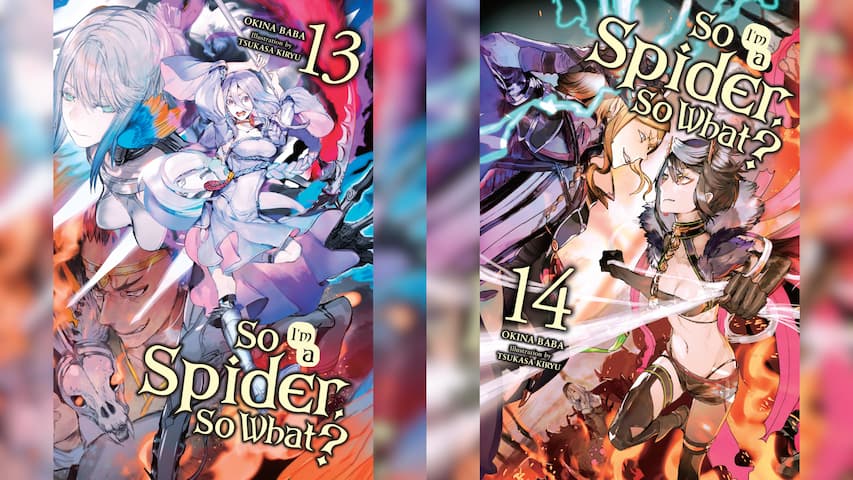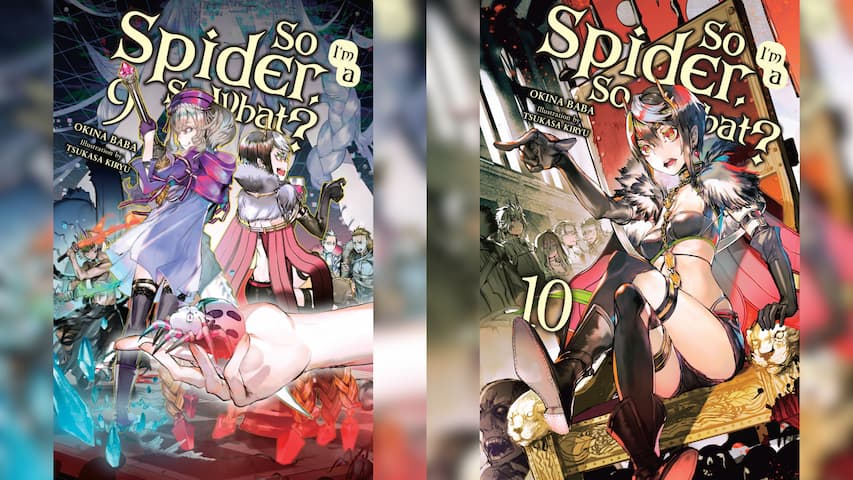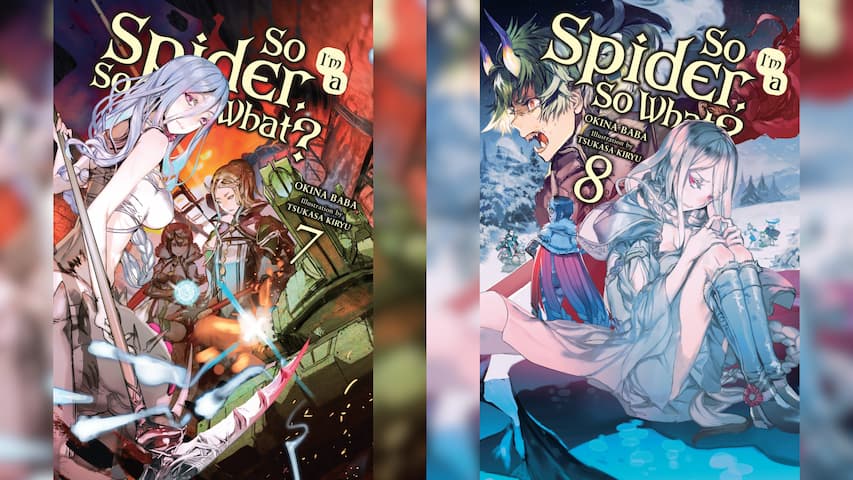So I'm a Spider, So What? LN: Volumes 11-12

Ach ja, this post will either be the shortest or longest post in this series by a long shot. No inbetween. So for the sake of breviety, or because there will be a lot ahead of us, let’s jump right into it.
Overall Impressions
Volume 11 and 12 occupy a rather weird place in the narrative overall. Volumes 1 through 5 are split in time, focussing mainly on either White’s beginnings or Shun’s life in the academy and eventual resistance against the revolution and journey to the elves. Volumes 6 through 10 then fill in the gap between White’s perspective and Shun’s, essentially giving the reader all the connective tissue needed to merge these two “separate” narratives into a singular coherent one.
And yet, volumes 11 and 12 do not continue at our sudden break-off point at the end of volume 5 and they also don’t portray a time-skip, as I have initially misjudged the cover art for. Instead, they give us yet another perspective of both events and sides we know have happened, but didn’t actually see much of it. Specifically, those two volumes focus on the hero Julius, Shun’s late brother, and the Great Human-Demon War, the conflict that actually set most of the events until now into motion, but despite its importance was somehow never properly covered or talked much about.
To be frank, I kind of get where the hate for volume 11 comes from and I personally might rank it relatively low compared to the other volumes as well. Julius is the very archetype of a hero down to a T. He’s got the talk, he’s got the walk and he’s most definitely got the ideals to die by. This isn’t even to judge his character, but rather to clarify what you will get out of his perspective. For all intents and purposes, he isn’t even a bad character at all on his own, being challenged and confronted by his surroundings and own ideals in more ways than one, but it also more or less plays out how you would expect. There is no dark twist, no ironic fall from grace or even a development-ey break of his character. The label “Hero” is written in grand bold characters on the can and this is exactly what you will get once opened.
Compared to the rest of the flavorful cast of characters we have come to love and hate, Julius might come off a bit dull, bland even. For as aspiring as heroes are in theory, there is often not much behind them, if only limited to simply being the hero of a story. Sure, his slow rise to prominence and interactions with his party give him some spice, but considering the story also makes a point of his lack of life and his sole role as the hero, made this volume a bit of a chore to read at times if you are not fully invested in simply seeing a hero do heroic deeds and struggle in his own way along the way.
So, what’s the point of Julius getting almost an entire volume of his own and being more of a focal point than even White in another? Well, as often, sometimes there really isn’t a “point”. For what it is worth, we get some more world building on the human side. Remember the elves kidnapping children all over the world? Julius got his start doing that, taking initiative in front of former veterans and getting used to the bloodshed of war. The last part was actually the reason why the pontiff put him into his position in the first place, giving another insight into the power struggles on the human side of things. Beyond this? Seeing how his hero personality slowly forms, it is unfortunately not always linked to that great of scenes. The death of his mentor, as well as his mock fight against Ronandt were good, bringing home the point of not senselessly sacrificing oneself due to emotional turmoil. On the other hand, everything connected to his kindness and “turning the other cheek”-attitude is mostly idea-driven first with any semblance of emotional impact coming second. Bad? No, not really and I have seen it handled far worse elsewhere, but also not that engaging on its own.
However, what can stand on its own two feet is the portrayal of Julius' party and the relationships inbetween. Specifically, I have no problem with calling every member of the hero party an actual character, not just a role to be filled with a nice face. Hyrince isn’t just the better looking side-kick of Julius, but these two connect a deep bond and friendship in which every gesture feels genuine akin to the years they have spent together. Yaana isn’t just your average saint and token love interest, but she is allowed to struggle on her own, as well as suffer from the fact that her love for Julius can never be reciprocated. Hawkin and Jeskan, due to their age and experience, take up the role of their guardians, despite, as a gentleman thief and a lone wolf adventurer respectively, being initially impressed by Julius' determination and will, rather than his status as the hero.
All the relationships are not directly centered around Julius too, with both Hyrince and Yaana and especially Hawkin and Jeskan having their own thing going on. These five make up a well-rounded cast of characters that can carry the sometimes trite places the plot has to take them, which makes scenes like them all talking about more mundane topic like the random digress about sex and romantic relationships so much more enjoyable. I doubt I would enjoy reading a series helmed by them as the main core cast, but for their current place in the larger narrative, they do their job just fine even beyond solely simply fulfilling their given roles.
But again, this all begs the question: What is the point? We all know what will happen to them and being more detailed about their exploits will not change anything going forward, so why not just cut it all out? Sure, we get some nice world-building, but this hardly warrants the better half of two entire volumes, right? And I guess, if one comes from the perspective of seeing the story of “So I’m a Spider, So what?” through a limited perspective, even if it is not just limited to White specifically, this attitude wouldn’t normally just make sense, but would also be the more sensible one from a writing perspective. Calling especially volume 11 filler might be a bit harsh, but no one would describe it as integral either, maybe being better suitable for something like an EX volume.
However, and this no doubts a biased opinion of myself, “So I’m a Spider, So what?” is not limited to just a few perspectives. From the ground up, each character is only exposed to a snippet of the whole story and we as the reader get to fully untangle the web of events by combining each and every one of them. It isn’t just White, it isn’t just Shun and it also is not just humans, demons and elves. Every single character in the story has a perspective and for the most part, all of them deserve the benefit of the doubt to be told, because the question of whether something contributes to the story or not might be the wrong approach for this particular story. The perspectives are the story, narrative and themes, not the other way around. This distinction might be brickle at times, but for me, it answers the question of why we do get a volume focused on Julius. It is part of the world and instead of wondering why something seemingly unnecessary for the connections of previous volumes is included, why not argue about what it does bring to the table.
I know it has been a while, but remember Shun? Specifically Shun as Shun, the hero? As much as I like certain aspects of his character, I don’t think – actually, I know for certain – I am not the only who considers Shun to be a pretty bad hero. Not in the in-universe sense, I am sure his broken stats and skills will help him just fine, but in a more general sense. From an outside perspective, like as a reader, he can be pretty obnoxious and weirdly incompetent, only playing the role of a hero without a firm understanding of what it actually entails to act upon this calling. However, the specific way his actions are framed always seemed to me a tad too self-aware to be an actual writing problem. As mentioned several posts ago, this series is able to competently dodge bad tropes and cliches with ease, so why does Shun’s character seemingly defy all this effort and run right into the worst offenders of making your audience sigh with exhaustion and disbelief?
Well, call it contrast, dichotomy or even a possible retcon, but maybe the point was for him to suck all along and we can now fully acknowledge it by being exposed to Julius, an actually decent hero, instead of the dollar store variant personified by Shun. In retrospect, volume 11 also delivers on why Shun looked up to his brother to such a degree. Julius is just better than him, which makes it really ironic how unceremonial his and the rest of the party’s deaths actually played out. Hawkin and Jeskan succumbed to their wounds off-screen, Yaana was crushed under the spider monster’s leg and Julius and Hyrince were insta-killed by White. There was even this rather kitschy moment of Julius remembering all the advice he received along his journey in the final battle, trying to overcome the challenge he faces. Yet, it does seem tragic. Sure, they never had a real chance, but it does still sting, given that they gave it their all and would have likely succeeded under normal circumstances. Compared to what they all went through, Shun just pails in comparison, as his strengths lie elsewhere, even after receiving the torch from his brother.
In this sense, these two volumes re-contextualize large chunks of previous volumes, specifically Shun and his view of his brother. Whether one thinks this is not all good, or even brings up more questions, is not for me to decide. If anything, it might also directly shine a light on one of the flaws of not just a continuously released story, but specifically a continuously released story that purposefully jumps back, forth and generally all around its narrative framework. For as much as I like the approach of this series narrative structure and story-telling, I am not above criticizing it for when it does fall apart at times. At the end of the day, most people will not only think about the entire story in a chronological way, but also in the order they experience it in. Yeah, sometimes, an event can effectively change your perception of something several volumes prior, however, sometime, it might also fall flat on its face.
For the most part, volume 12 continues in the same way volume 11 did, though it has the benefit of broadening the field of perspectives covered, as well as being arguably a bit more tied to the mainline plot, even if it “only” details events that were only sparsely hinted in the first volumes. In fact, it is weird how little we actually knew about the Great Human-Demon War up to this point. For what it was worth, it always felt like the backdrop that would lead to the events in the first 5 volumes, but never its own real thing. We only get to realize its importance in the next volume and without this hindsight, it seems like Julius dying was the only major takeaway of it all.
Volume 12 reads like a giant field/experience report of the war from almost everyone that partook in it. Again, relatively few new information, but considering we actually know these events happened, they were pretty fun to read, despite their relative insignificance, as they still hold up as character pieces. Like yeah, I now fully do believe Sanatoria will rebel against the demon lord to the very end and seeing Agner and Bloe’s final moments truly characterizes the tragic circumstances of this war. Wrath and Merazophis' chapters also go in a similar direction with Wrath having to needlessly send soldiers to their death and Merazophis once again being put in the role of a villain for Kunihiko and Asaka to bounce off of. This war truly has no winner, as the point of this conflict far exceeds what this war really is. Even the two “Observations from future historians” chapter comment on how brutal and high the death count was.
What also comes to a semi-resolution is what was hinted in Sophia’s POV in the eleventh volume. Interspersed between the hero’s exploits, we got to see small snippets from Sophia enrolling in the demon academy and causing accidental drama. Being removed from both White and Merazophis, her childish traits start acting up again and attending school for a second time also doesn’t help. The puppet spiders, after they prevented Sophia from fleeing the academy, once literally threw her a bone and Sophia just ate it. Despite having no relation to anything, in my brain, this kinda just makes perfect sense. Yeah, I can see Sophia munching on bones as a snack because she is angry, and she evens keeps up this habit. She also starts drinking blood and before you know it, she accidentally charmed almost the whole academy.
Introducing Phelmina and Wald. So, Phelmina was the only one figuring out what is actually happening and tried to intervene, but was then conspired against by her whole class with her fiancé Wald leading the charge, resulting in her being kicked out of the academy, being dishonored and disinherited by her family and forced to join the tenth army with White at the helms. Doing the right thing sucks! Incidentally, Sophia and Wald also join the tenth army at a later date. So yeah, the other person Sophia talked to in volume 5 was Phelmina and we finally learn why she hates Sophia so much. On the other hand, Wald went full Simp on Sophia and even made her turn him into a vampire. Meanwhile, Sophia is kind of conflicted herself. On one hand, she absolutely understands Phelmina’s point of view, but on the other hand… it is not like she did it on purpose and thus feels no obligation to help her either. She also flat out rejects Wald’s approaches. Truly a queen of queens. Then there is White, who doesn’t care it was an accident and put a curse on Sophia to make her call her “Master” and make her fall on her hands and knees if White so desires, very much to the delight of Phelmina, judging by her smug expression.
Other than that, the volume follows several skirmishes with a heavy focus on the hero party’s last moments, but mostly doesn’t really add anything new. Volume 10 introduced the demon lord sword and volume 11 and 12 now bring up the hero sword, as well as a plan to waste it on one of White’s clones without success. This leaves the new hero, Shun, with a weapon that can not only kill the demon lord, but also affect White herself, raising the stakes of an otherwise easy attack on the elves. For the future, this also introduces another problem as White doesn’t want to kill Shun and now has to convince him to go with her plan instead… and judging from Shun’s character up to this point, he would rather stay under the assumption that there is a better way than do anything slightly betraying his own ideals, no matter the magnitude of the problem at hand (read: hero complex).
Final Thoughts
In general, this might have been the weakest stretch up to this point, due to the severe lack of forwards momentum, though I would never advocate deeming them obsolete or even recommend skipping them entirely. It is simply expanding on lesser moments and filling in the little holes left by the unusual way the story jumps through time and space all the time. It also sets up the narrative merge of handling the plot points raised in the first five volumes, now with the hindsight of more knowledge and the perspectives of White, Sophia and the demons.
If anything, these two volumes made me anticipate the coming events more than any other volume. We are slowly approaching the climax of the series and I can’t wait to return to the confrontation between White and Shun. Until then, let’s hope the next volumes are less a pain to get through than these two. Nai wa~.
So I’m a Spider, So What? (ePub) is available on BookWalker.
Related Posts
Comments
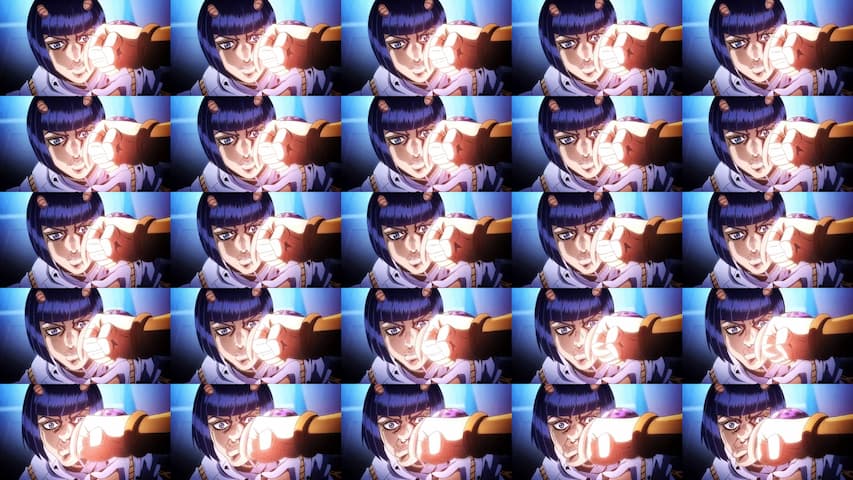
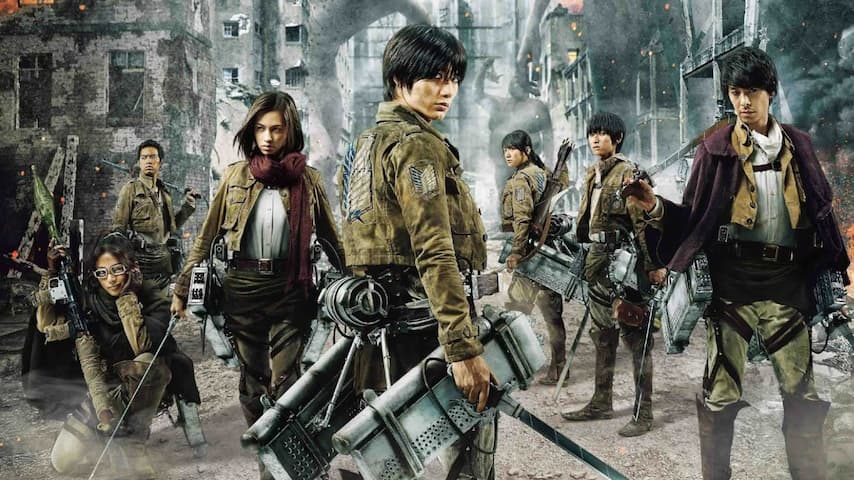
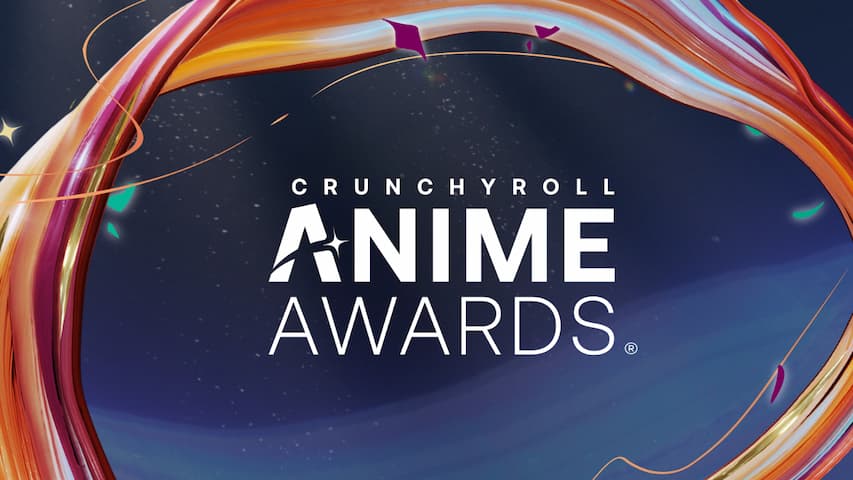

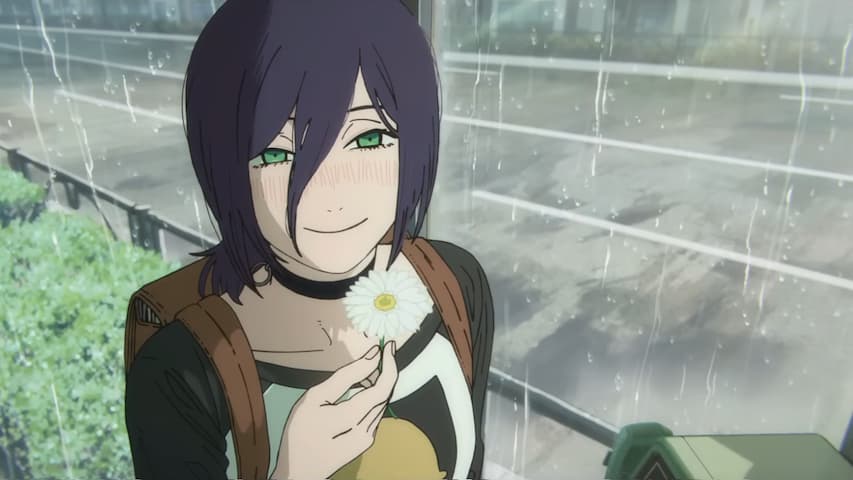
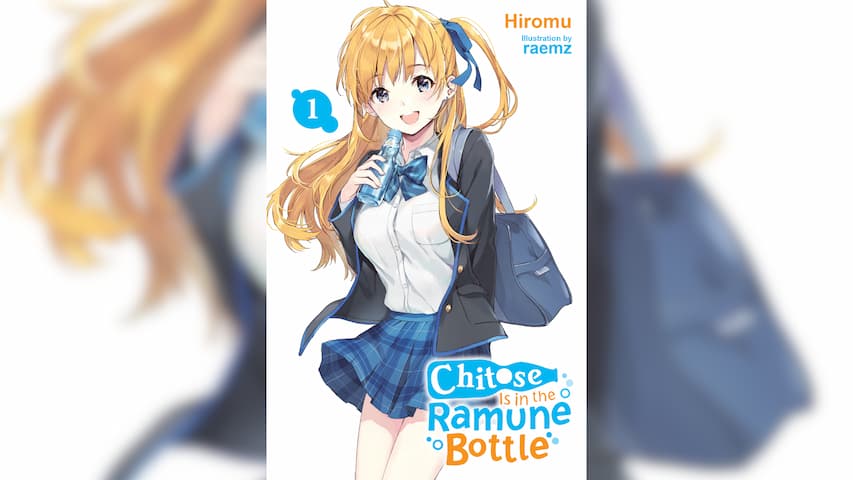
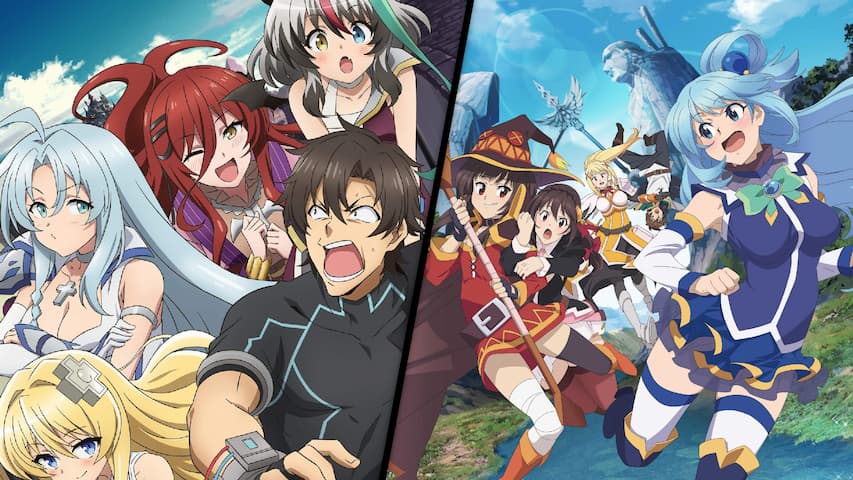
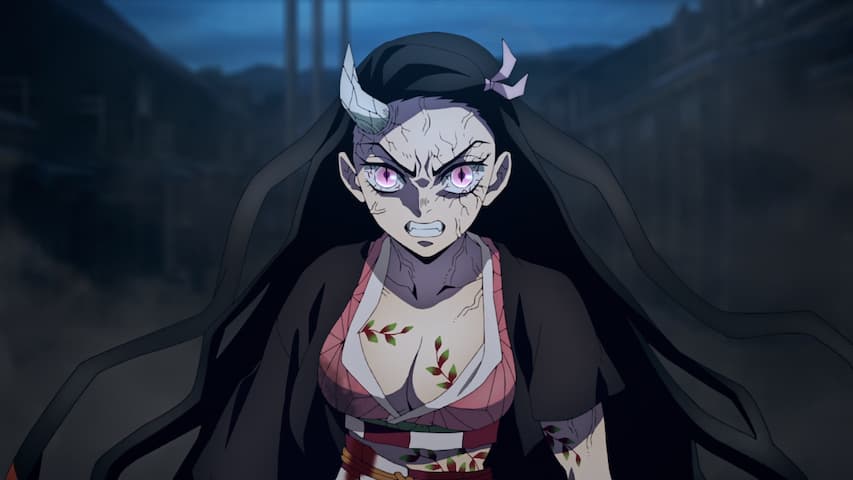
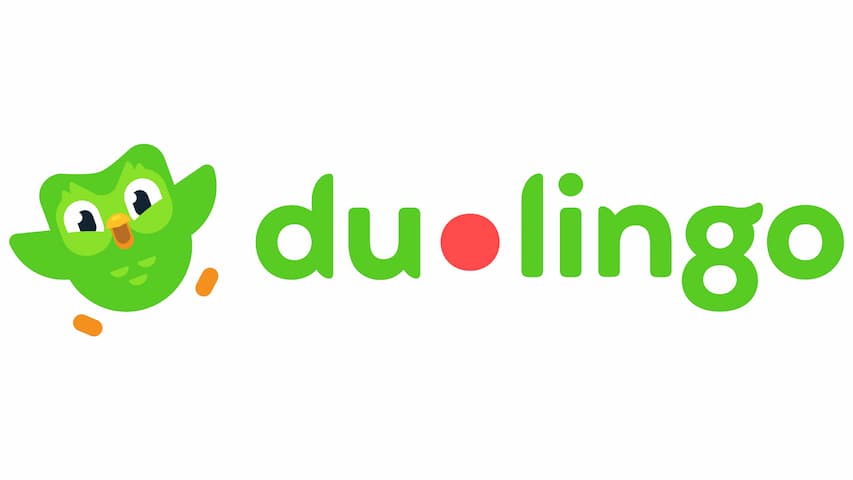
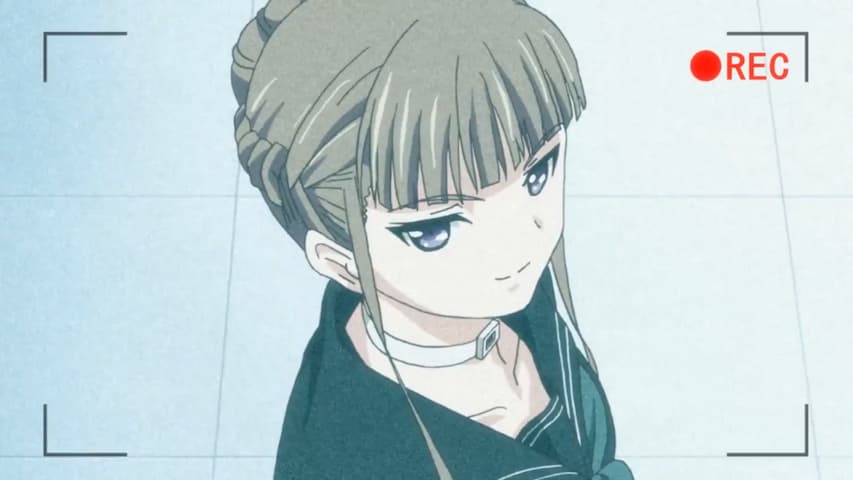
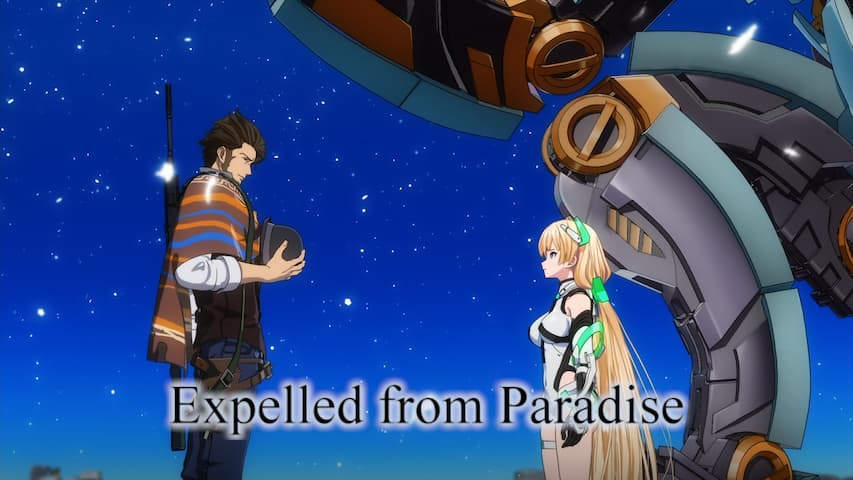
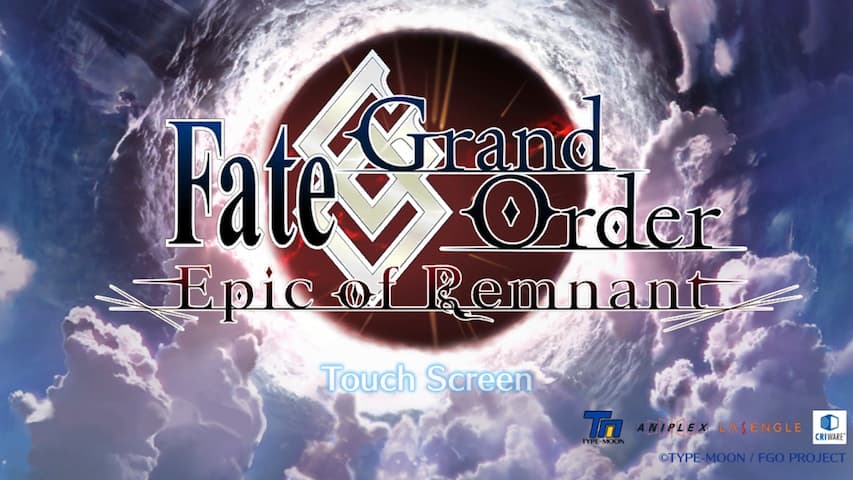
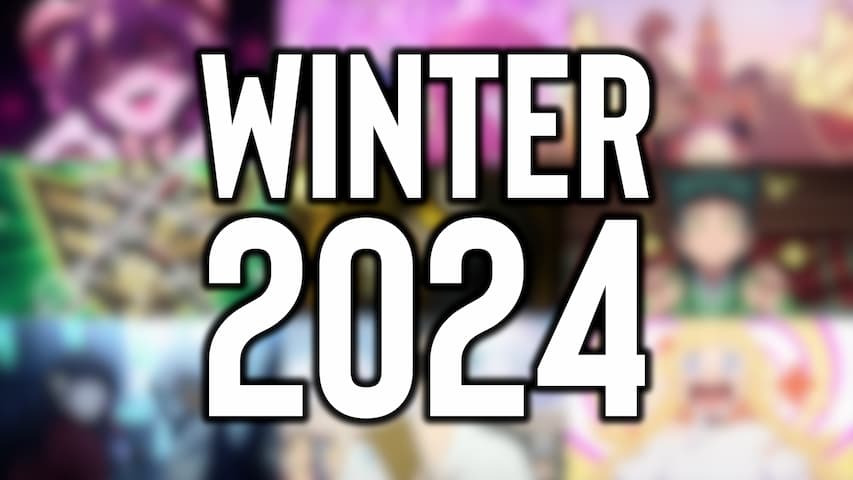
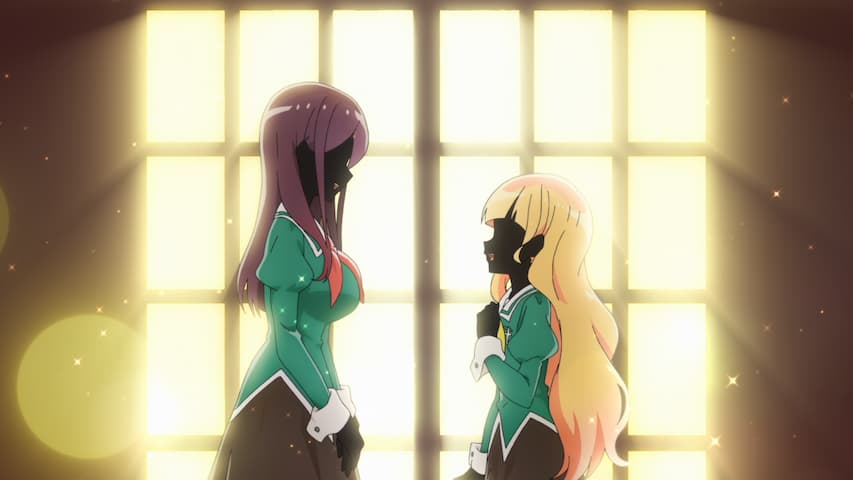
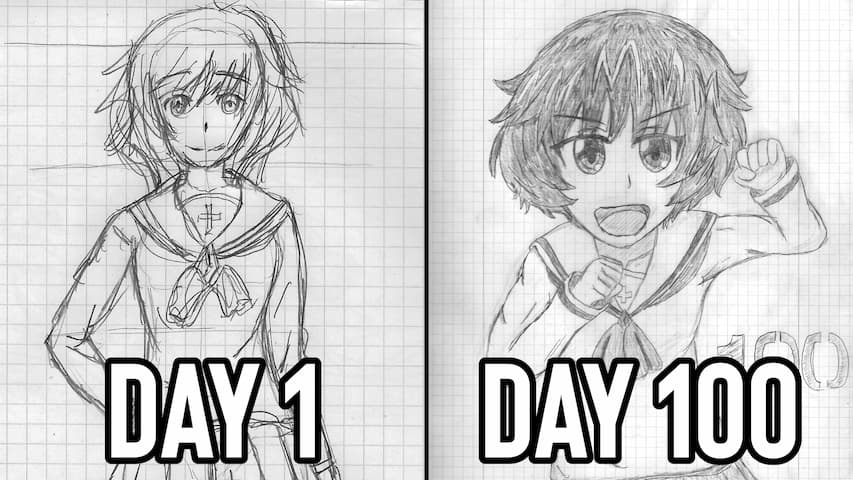
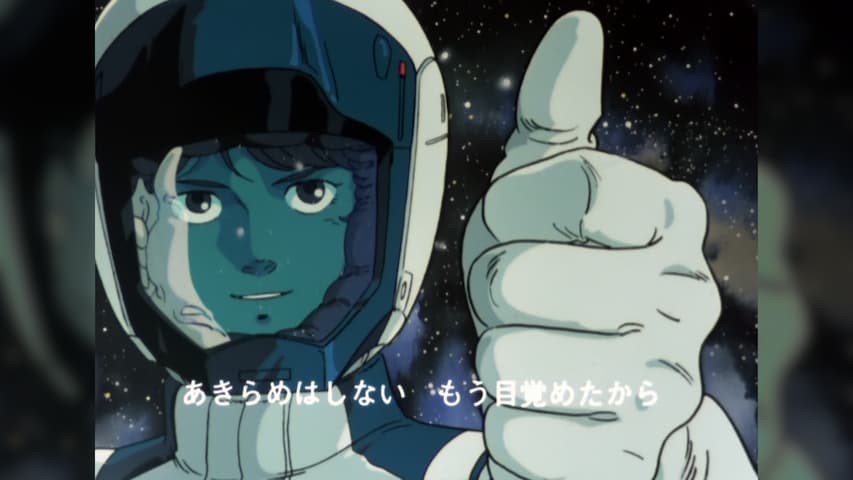

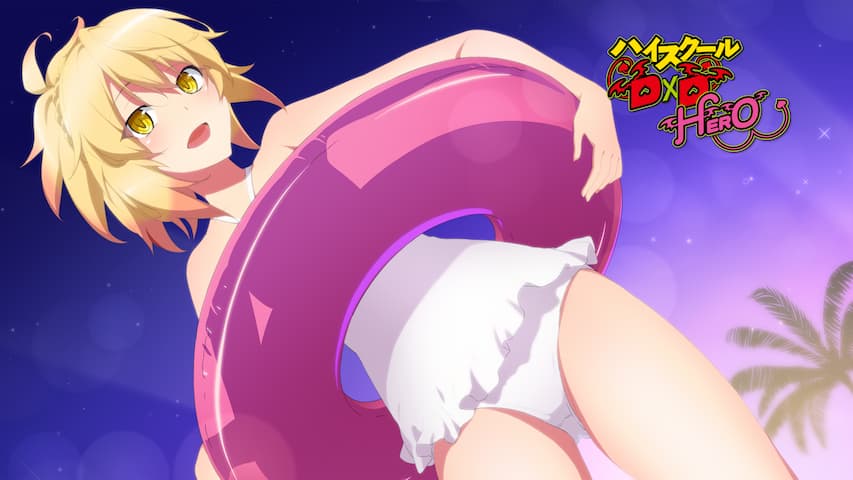
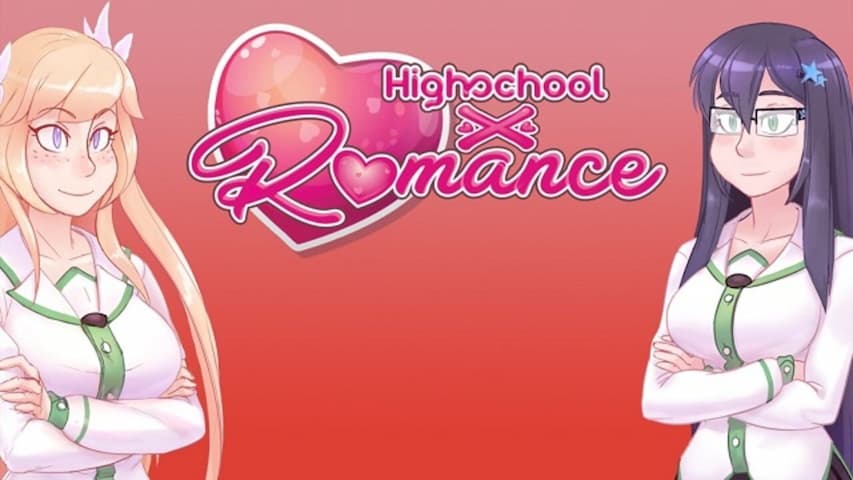
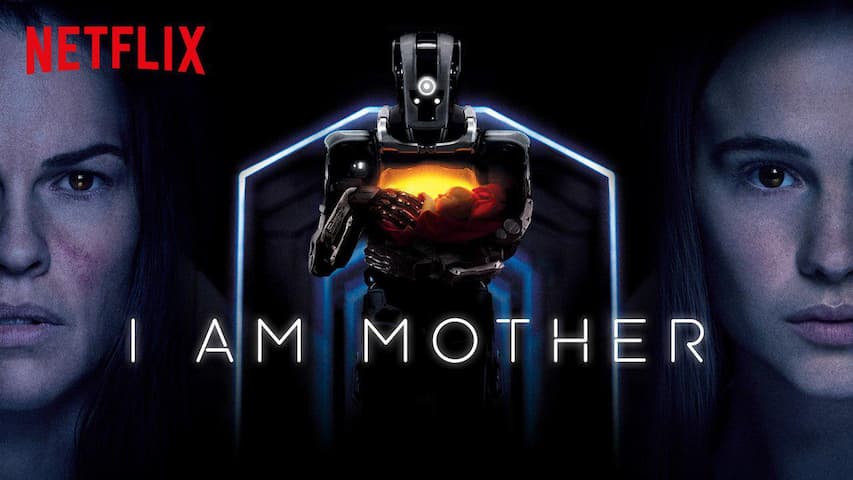
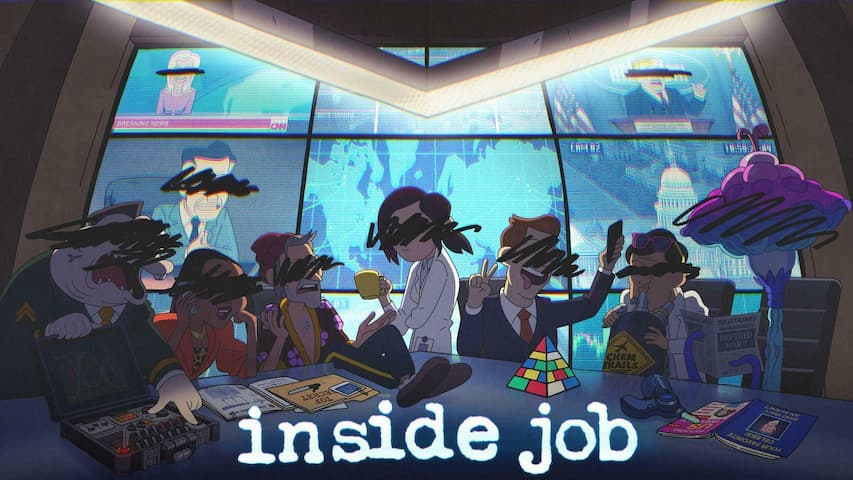
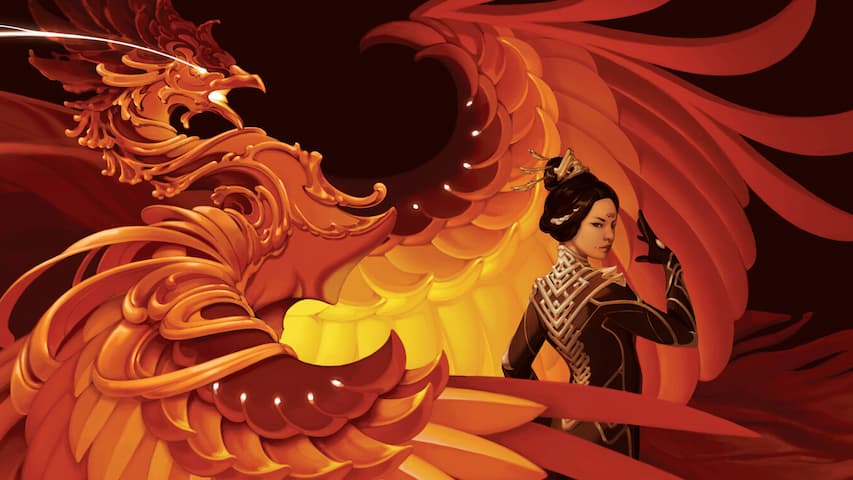

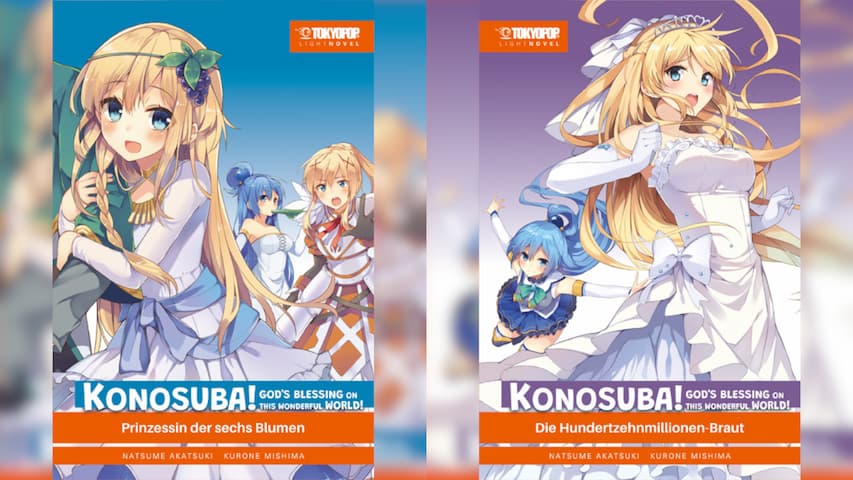
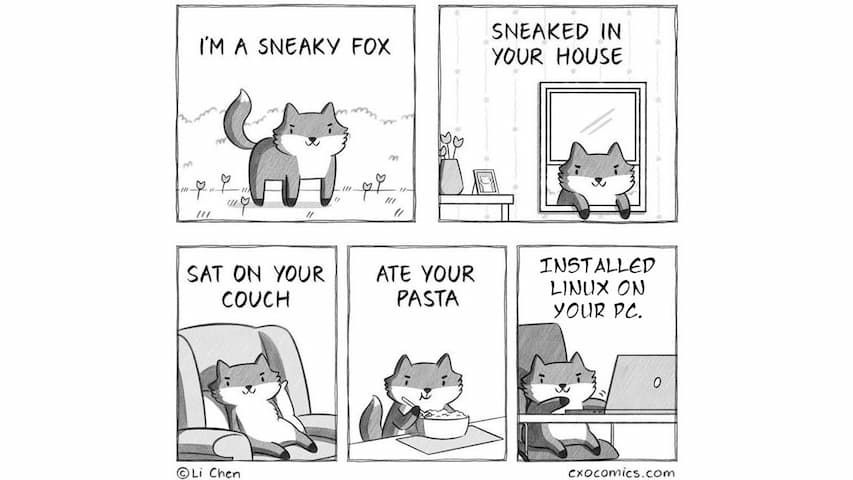
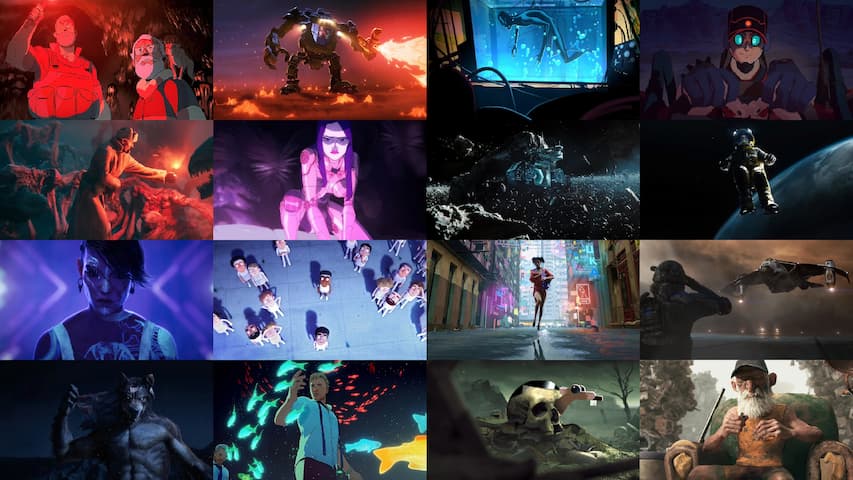
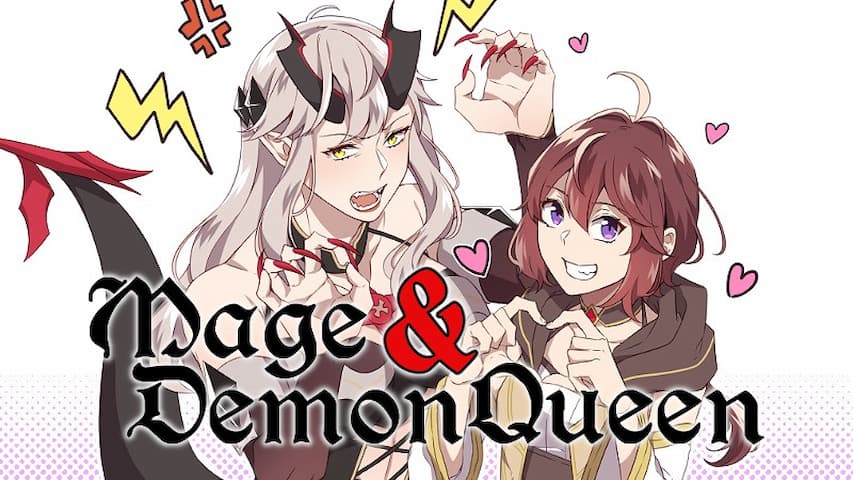
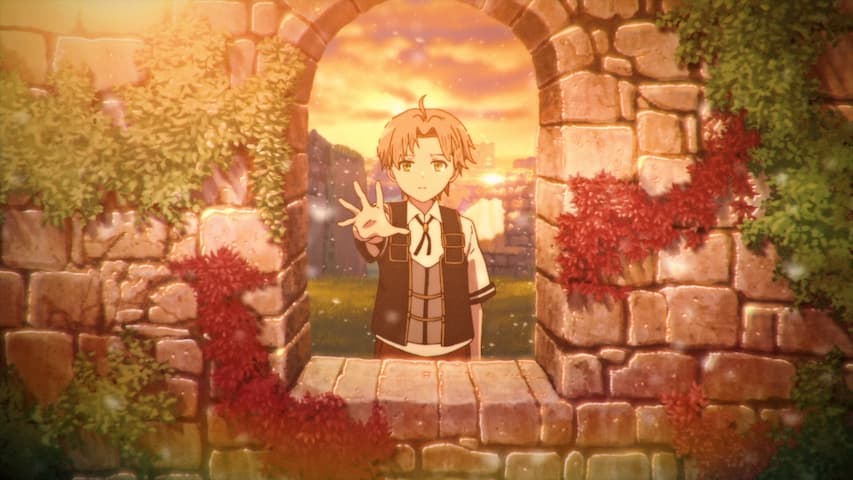
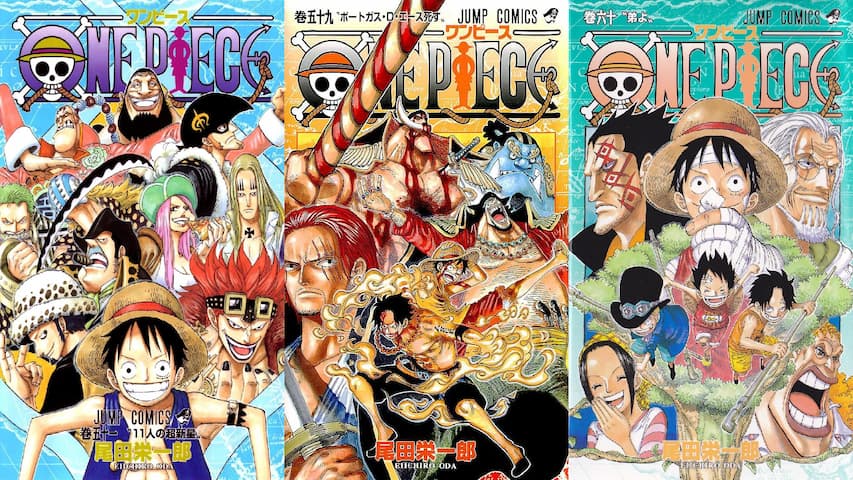
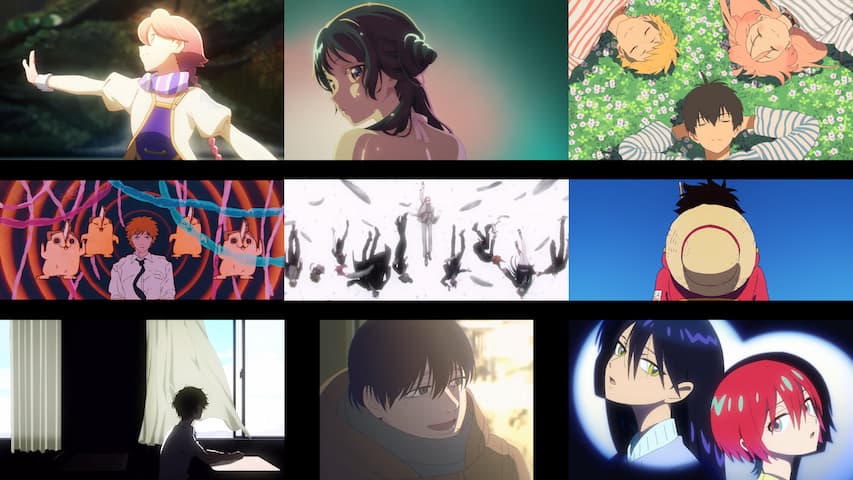
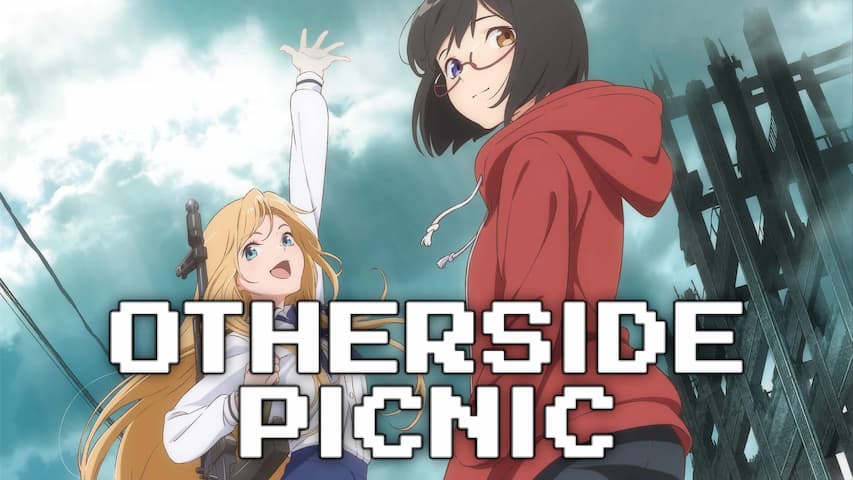
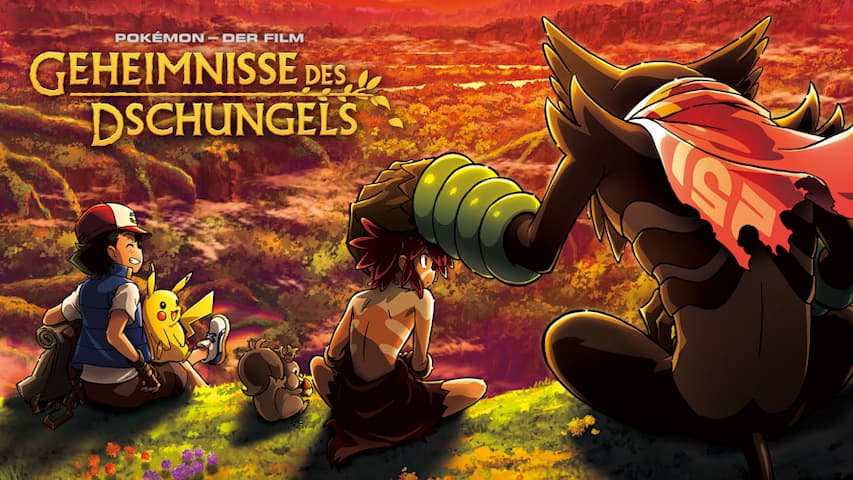
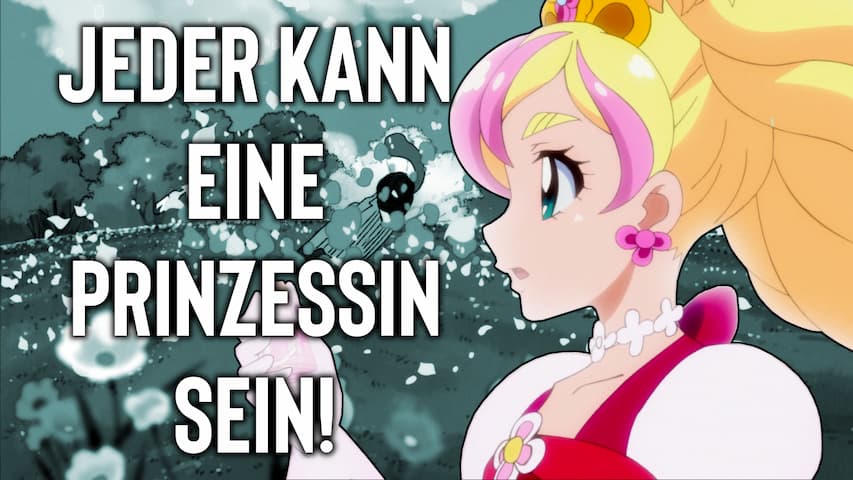
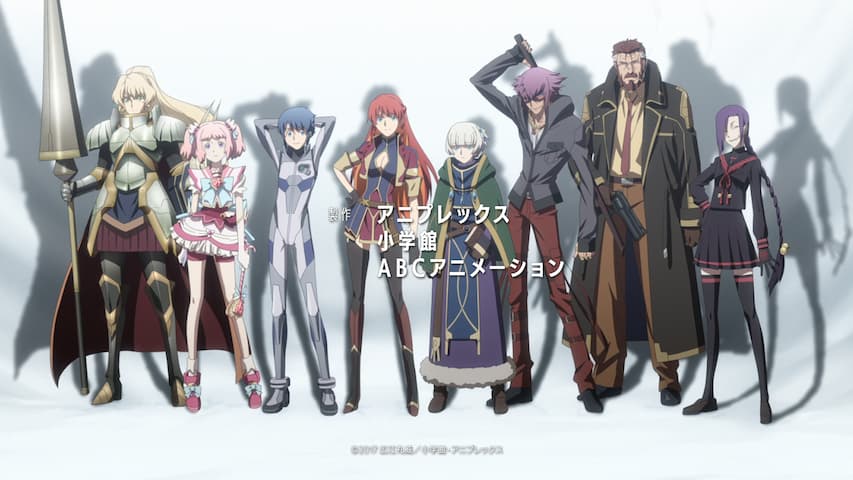
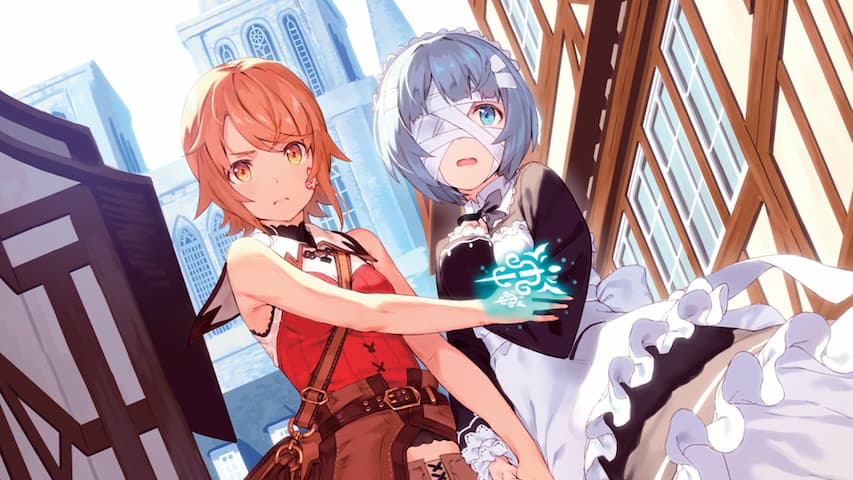
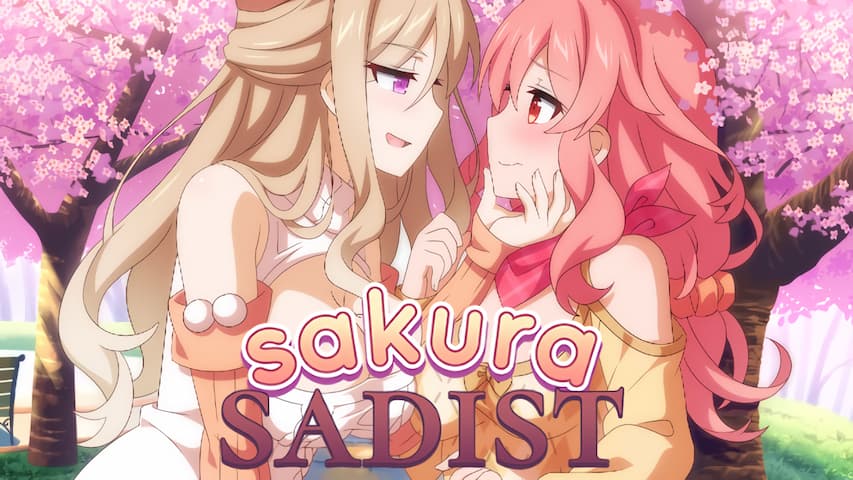
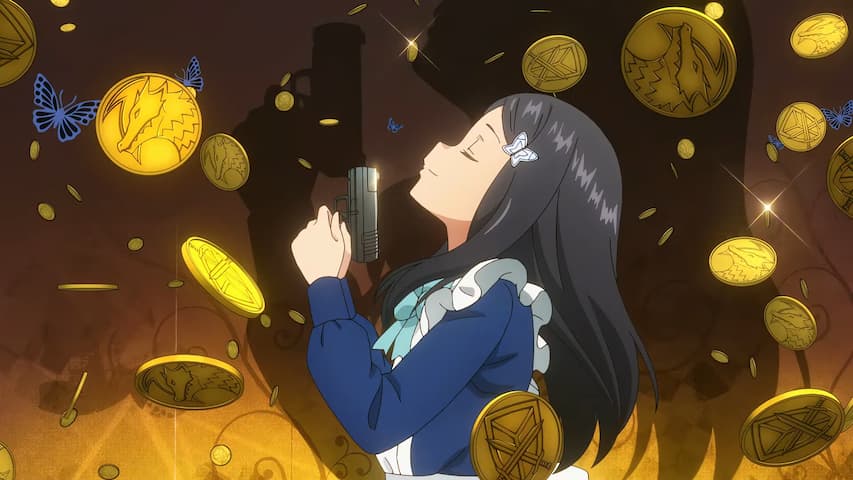
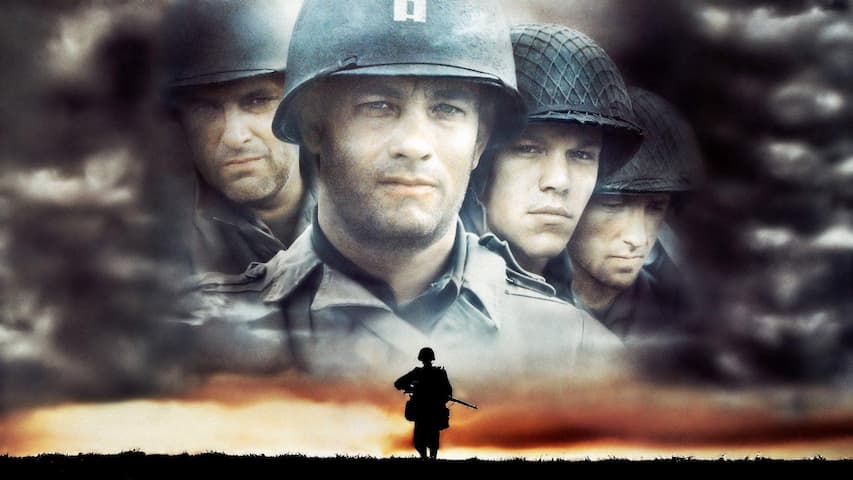
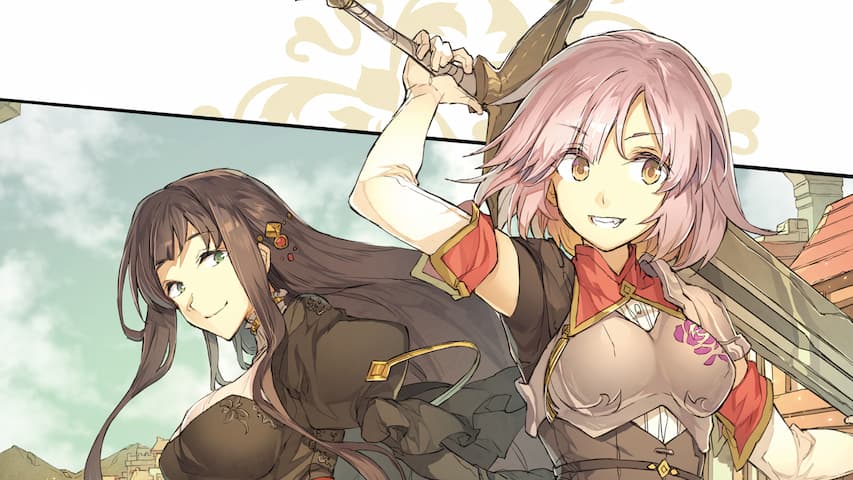

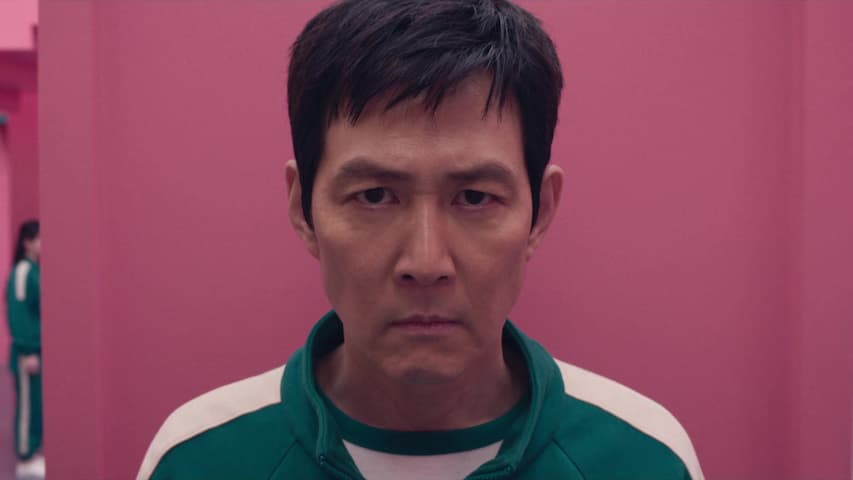
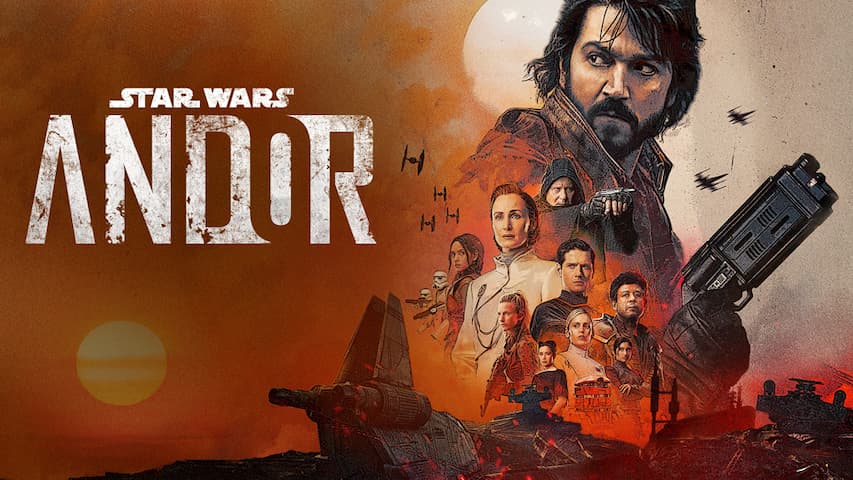
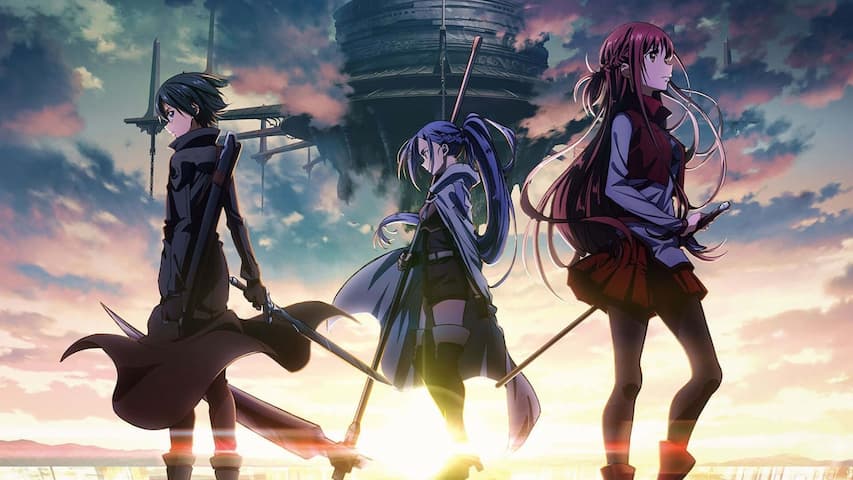
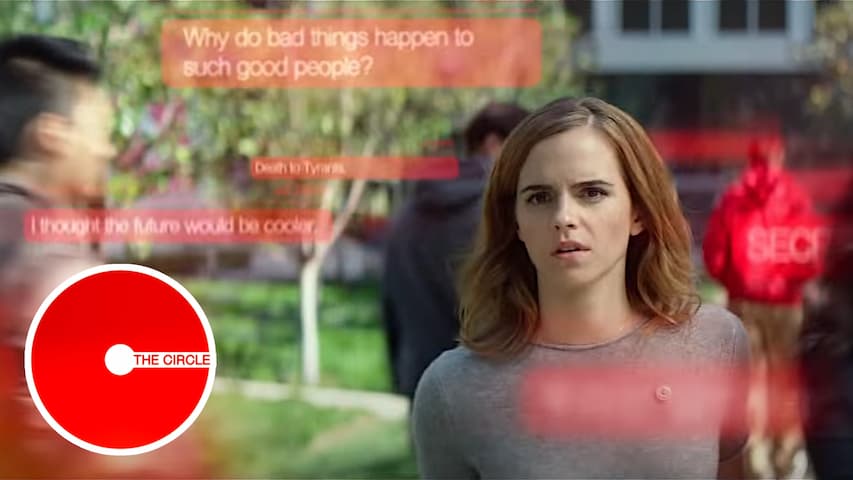
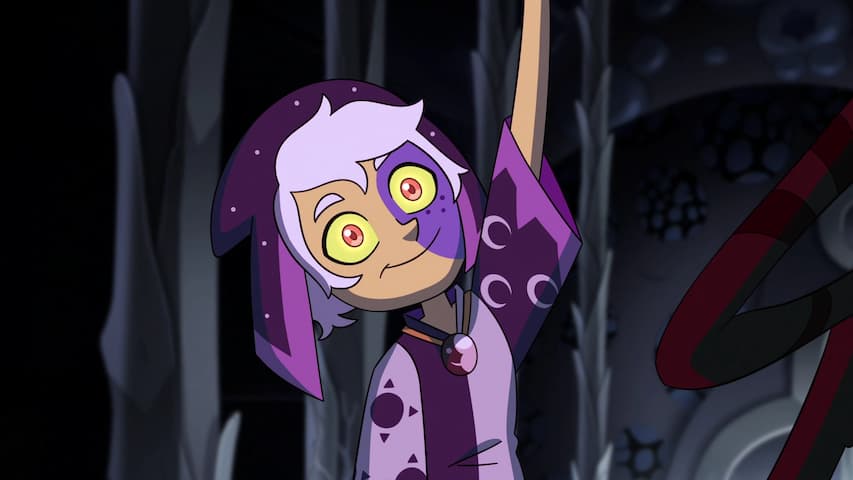
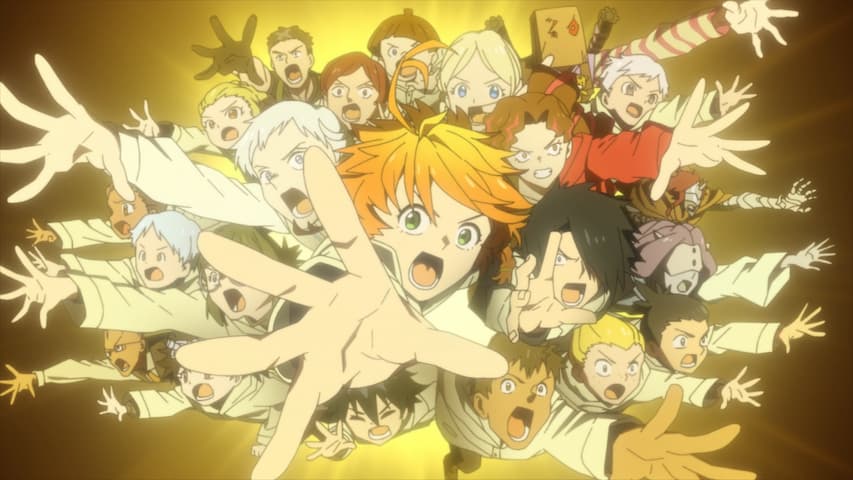
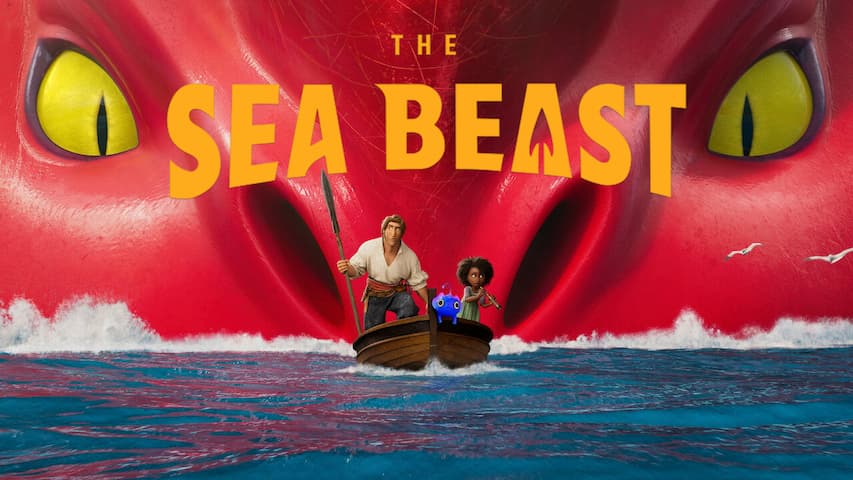
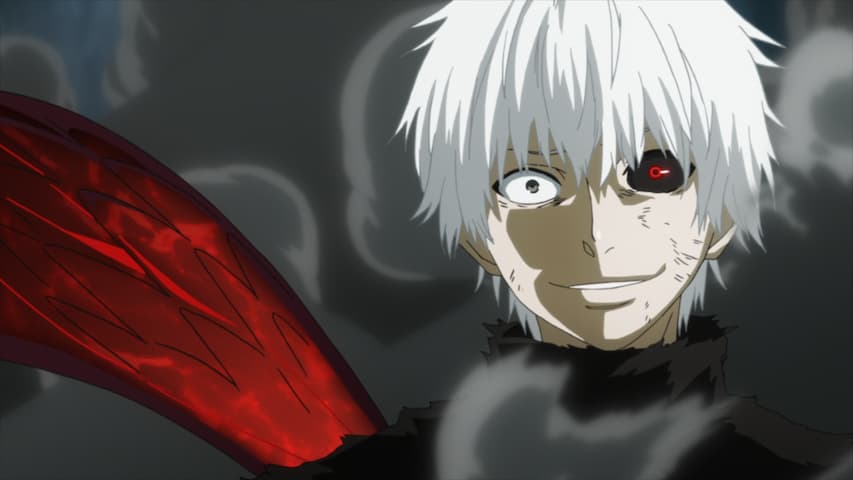

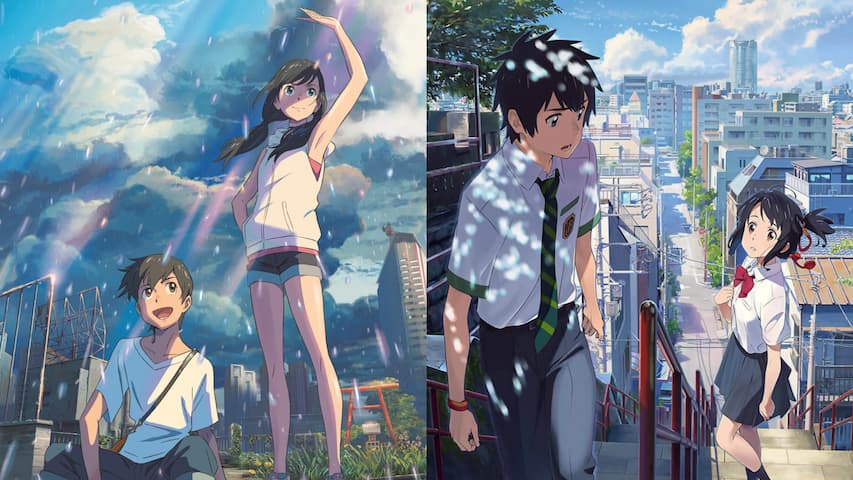
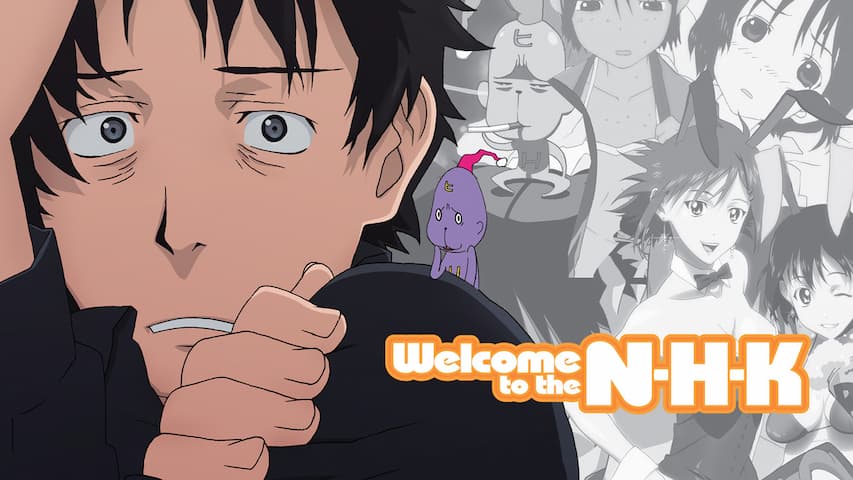

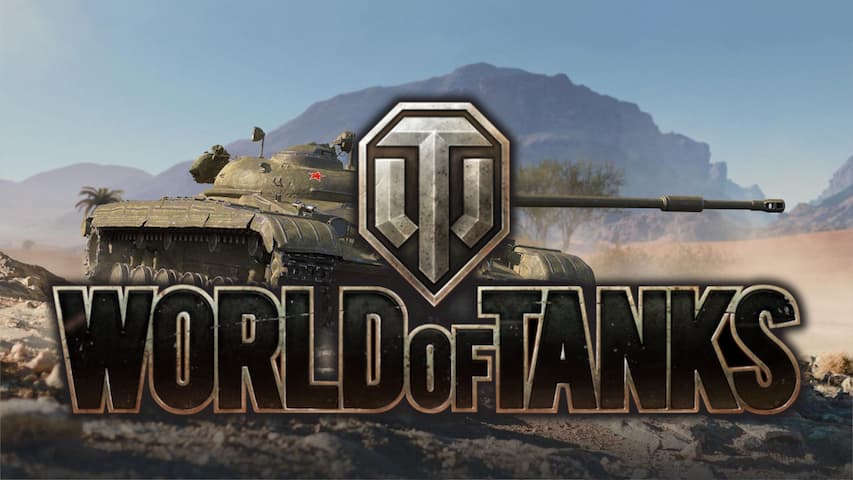

Recent Posts
2583 Words | February 8, 2026
2716 Words | December 28, 2025
3211 Words | December 12, 2025
1515 Words | October 30, 2025
7804 Words | October 3, 2025
